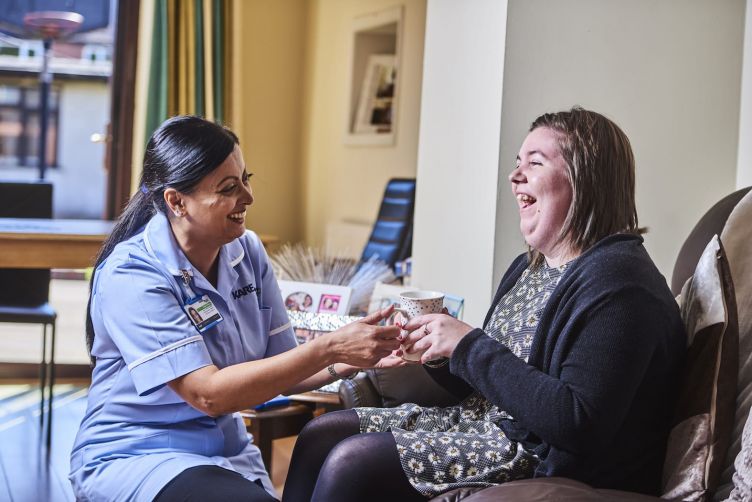As the healthcare industry adapts to meet the changing needs of a growing population, Kare Plus has announced that an additional homecare focused franchise model will now be offered alongside its existing multi-revenue franchise opportunities.
With 30 years of experience in the industry, 10 of which have been operating under the current franchise model, Kare Plus has established itself as a proven supplier of care in residential nursing and care homes, as well as providing homecare across the UK.
The dual model has enabled franchise owners to flourish in their respective territories due to the freedom that operating between residential and homecare services provides.
Important role
A paper published by the peer reviewed general medical journal The Lancet in 2017 predicted that the number of individuals over the age of 65 who need care will increase by 86 per cent before 2035.
This presents the healthcare industry with a growing problem: how do we care for our elderly? In the coming years, homecare providers will play an important role in supporting healthcare service and enabling customers to continue living at home, longer.
Homecare isn’t just for the elderly, though. Kare Plus businesses registered to deliver homecare support customers with a variety of needs, including those living with learning disabilities or acute and specialist needs. Its franchise owners and their staff work tirelessly to ensure the best quality of life for customers.
This is why Kare Plus has invested considerable time in building a model that is both robust and adaptable across residential and homecare services. Going forward, new franchise owners will also have the option to join the network solely as a provider of homecare and regulated services. This opens up a number of previously unavailable opportunities to a new market of potential franchisees who wish to provide homecare.
Additional option
The new homecare model will not replace the company’s traditional dual model and will be offered as an additional option. Kare Plus believes this approach gives potential franchisees more freedom, an opportunity that aligns with their own personal ambitions and, above all else, the chance to build success in an industry that is constantly changing and growing across the UK and the rest of the world.
Darren Guy, Kare Plus director of franchise operations, utilised his vast experience in the homecare industry in the development of the adapted franchising model.
He says: “The dual model has been at the core of our strategic operations for almost a decade and will continue to be a major focus for years to come. But the addition of a homecare focused model provides aspiring franchisees with greater choice, the ability to play an important role in local communities and a personal investment in a service that improves and changes lives.”
The company’s group director of operations, Dominic Rothwell, also played an important role in the development of this additional model.
He says: “This is a really important step for the Kare Plus network and it’s one that highlights our growth so far, while also preparing our network for the future.”
Dual-model franchise opportunities have a franchise fee of £40,000 (plus VAT), as well as a minimum of £50,000 working capital.
Homecare franchising opportunities provide a more accessible entry point for entrepreneurs who want to join the Kare Plus brand.
The new homecare focused franchise opportunities will cost £25,000 (plus VAT), with an additional £30,000 needed for working capital. Kare Plus’ current predictions show that businesses will match their initial investment by month nine of trading, but many businesses in the company’s network exceed their initial estimates.






_59_59_80_s.jpg)






